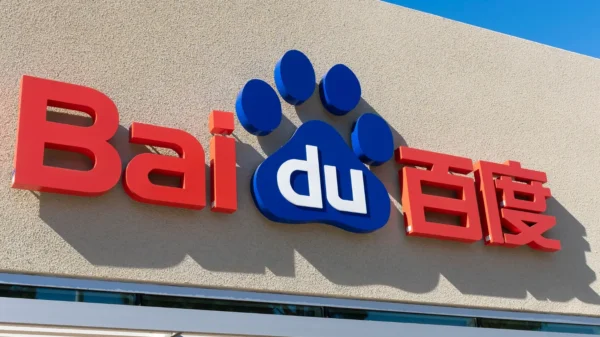In a surprising twist, tech mogul Elon Musk has publicly condemned former President Donald Trump’s sweeping legislative proposal, the “One Big Beautiful Bill Act” (H.R. 1), despite its potential benefits for Musk’s own AI ventures. The clash underscores a deepening rift between the push for AI innovation and concerns over fiscal responsibility in Washington.
The Bill’s AI Ambitions and Divisive Moratorium
Introduced in June 2025, Trump’s bill earmarks $750 million for AI development, including Defense Department initiatives and Medicare fraud detection systems. However, its most controversial element is a 10-year moratorium preventing states from enacting AI regulations—a provision reportedly backed by tech giants like Amazon and Google to avoid inconsistent state laws.
Critics argue the moratorium is overly broad. Matthew Scherer of the Center for Democracy & Technology warns it could nullify even unrelated AI regulations, while NYU’s Jake Karr labels it federal overreach. Meanwhile, 26 states have already passed AI laws, from North Dakota’s anti-harassment protections to Arkansas’s copyright rules—all now jeopardized by the bill.
Musk’s Unexpected Critique
Despite leading the Department of Government Efficiency (DOGE), Musk resigned on May 30, 2025, citing the bill’s projected $3.8 trillion deficit increase from corporate tax cuts. By June, he escalated his criticism on X (formerly Twitter), lambasting GOP supporters for endorsing what he called a “pork-filled” spending spree.
The irony? Musk’s xAI stands to gain from federal AI contracts tied to the bill. Yet he’s prioritizing fiscal conservatism, accusing Trump of undermining DOGE’s cost-cutting goals.
Political Hurdles in the Senate
The House narrowly passed H.R. 1 (215-214) in May, but Senate approval faces obstacles. Moderate Republicans oppose Medicaid cuts, and Sen. John Cornyn (R-TX) warns the AI moratorium may violate the Byrd Rule, a budget reconciliation requirement. Even Trump concedes the bill has “a way to go.”
The Core Debate: Progress vs. Prudence
The controversy reflects a national dilemma. While AI promises economic and efficiency gains, Musk’s backlash highlights fears of reckless spending. As California Gov. Gavin Newsom—who vetoed an AI safety bill in 2024—noted, “Balance is key. Innovation shouldn’t come at the cost of stability.”
Quote of the Day:
“This massive, outrageous, pork-filled Congressional spending bill is a disgusting abomination. Shame on those who voted for it.”
— Elon Musk, June 2025
With the Senate vote pending, the battle over AI’s future intensifies. Will Congress prioritize unchecked growth or mitigate its risks? The answer could redefine America’s technological trajectory.


















































